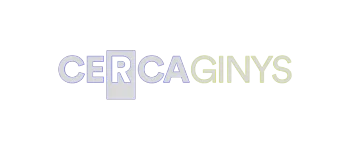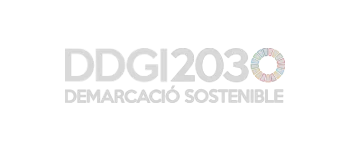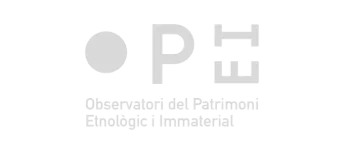2018 Congress - Evaluating Quality in Museums
The conference will present methodologies for evaluating quality, as well as ways to use the results both to improve museum management and to highlight an important part of museum work that is often overlooked due to the traditional predominance of quantitative data.
Museums and heritage institutions of the 21st century have placed visitors at the center of their strategies, making audiences a key factor in achieving their goals.
This is one of the reasons why museums have focused their efforts on meeting the interests and needs of the people who visit them. As a result, the traditional museum visit has become a comprehensive experience shaped by the overall offer: exhibitions, activities, the building, complementary services, and personal attention.
The ultimate goal of museums is to ensure that this experience is as satisfying as possible. Therefore, visitor satisfaction has become a central component of the museum experience.
Studies carried out in recent years have shown a clear relationship between visitor satisfaction and other factors such as repeat visits and recommendations, which are indicators of visitor loyalty and engagement. Museum professionals’ growing interest in fostering maximum visitor engagement has led to a need to evaluate satisfaction. This measurement involves not only tangible aspects (exhibitions, services, etc.) but also intangible, qualitative dimensions.
In line with its mission to support museums and other heritage institutions in Catalonia in understanding their visitors and users—so they can create, maintain, and grow new audiences and improve the social use of cultural heritage—the Audience Observatory for the Cultural Heritage of Catalonia is dedicating its third annual conference to evaluating the quality of the museum experience.
The conference will allow for the presentation of methodologies for evaluating quality and for using the results both to improve museum management and to make visible an important part of museum work that is often not reflected due to the traditional focus on quantitative data.

2024 Conference - Expository texts focused on audiences. Evaluation at the service of content transmission

2023 Conference - Audience development. Tools to attract new audiences

2022 Congress - The social impact of museums

Congress 2021 - Museums relevant to the community. Tools for citizen participation

Conference 2020 - Listening to the in-person, digital and potential audience in times of social distancing

Conference 2019 - The impact of free admission on museum attendance




Institut Català de Recerca en
Patrimoni Cultural ICRPC
observatoridepublics@icrpc.cat
Tel. 972 486 158



- Sitemap
- |
- Legal Notice
- |
- Cookies usage
- |
- Privacy policy
- |
- Contact
- |












